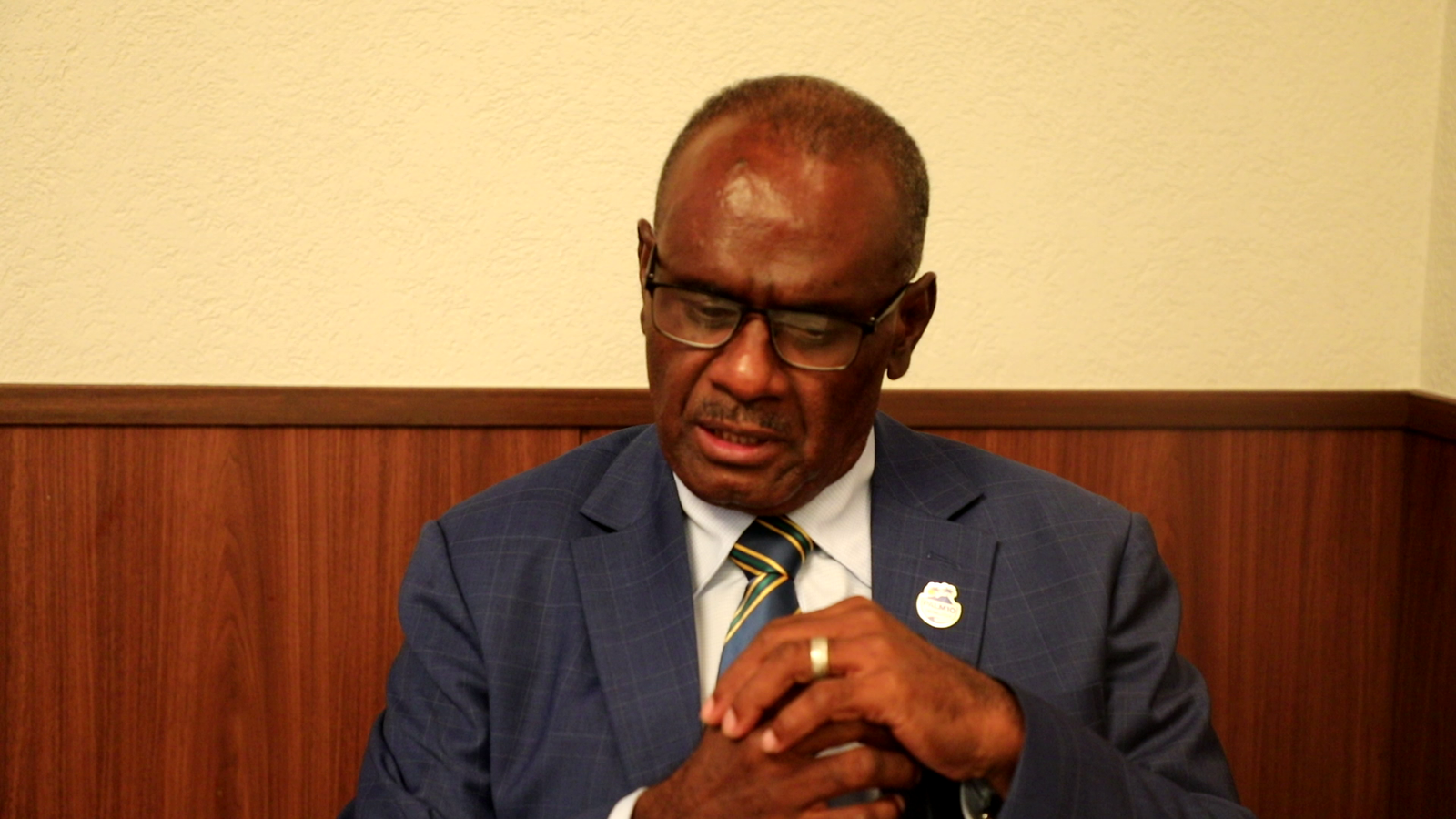
PM Manele says lack of scientific report on Fukushima nuclear water discharge creates uncertainty for Pacific countries
By Sharon Nanau in Tokyo, Japan
Solomon Islands Prime Minister Jeremiah Manele said the Pacific region’s reliance on the ocean and absence of national and regional scientific capacity to understand the implications of the Fukushima treated nuclear water discharge creates uncertainty.
The Prime Minister told SIBC News in Tokyo that Pacific Island countries have a strong position on the discharge process claiming that there is absence of scientific reports to gain the region’s confidence.
“We have a strong position on this as we attach a lot of importance to the ocean, Japan has taken steps in terms of scientific measures so that it builds the confident and trust of the region, but our challenge is the absence of our own scientific reports both nationally and regionally this creates a vacuum thus we are not in a position to better inform our people.”
Hon Manele explained the nuclear legacy of the Pacific triggered Solomon Islands to sign the 1985 Rarotonga treaty.
Like Japan the Solomon Islands seeks a world free of nuclear weapons and all forms of nuclear threats.
“We use the opportunity provided to us by the PALM event to call on all parties of the Rarotonga treaty and similar convention to renew their commitment to make the pacific a nuclear free zone treaty and non-parties to honour the treaty obligations.”
Despite the opposition to Japan’s Advanced Liquid Processing System (ALPS) treated water discharge Mr Manele welcomed Japan’s efforts to ensure the Pacific region is confident in its ALPS water discharge.
“We appreciate Japan’s commitment in terms of taking measures. It shows that it is committed to taking into account the concerns of the people of the Pacific. It is good that Japan continues to assure the region that steps taken are working and monitoring is in place.”
Meanwhile, Japan’s Deputy Director for International Affairs Takahiko Shiba said Japan is closely monitoring the ALPS treated water discharge.
“A monitoring website has been set up and can be accessed by anyone, the International Atomic Energy Agency has been reviewing thoroughly the discharge of the ALPS treated water into the sea.”
He said so far, no complaints of the ALPS treated water discharge are being reported.
Pacific Islands Forum (PIF) leaders recognized the International Atomic Energy Agency (IAEA) as the authority on nuclear safety.
The PIF Leaders acknowledged the dialogue with Japan and recalled the 52nd Pacific Islands Forum Leaders Communiqué, inter alia the importance of the South Pacific Nuclear Free Zone Treaty (Rarotonga Treaty).
Japan’s Prime Minister Kishida Fumio explained that the discharge has been carried out in line with relevant international safety standards and practices, and committed to continue working closely with the IAEA.
The discharge process of the Fukushima ALPS treated nuclear water was one of the issues discussed at the 10th Pacific Leaders Meeting in Tokyo.
Ends//
